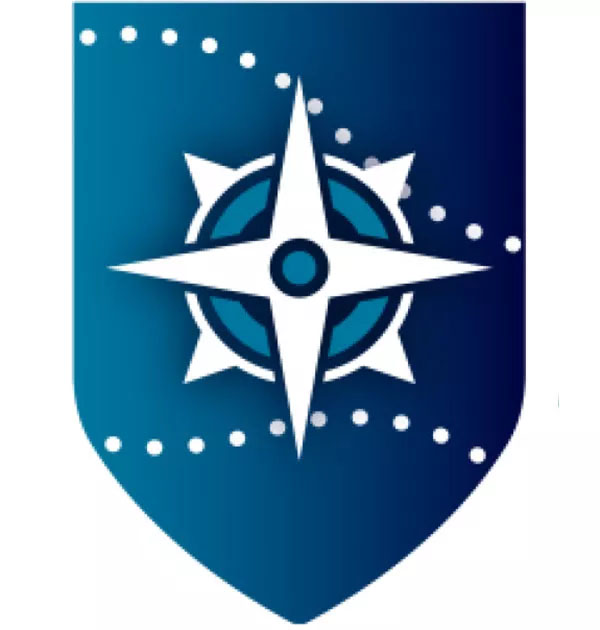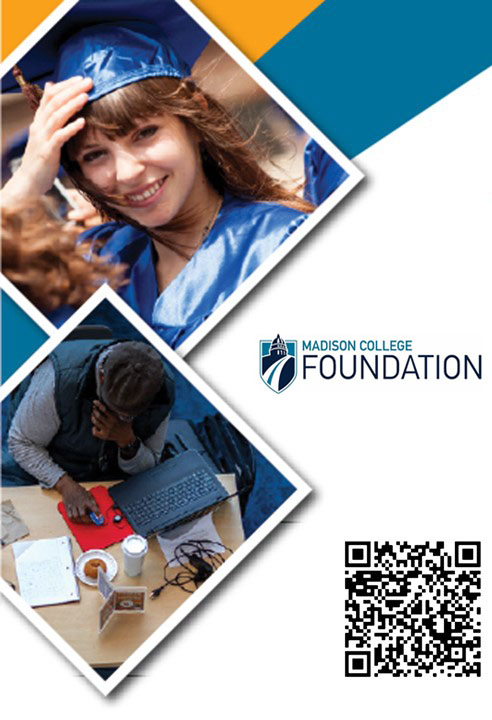Cybersecurity New Year’s resolutions
January 18, 2023
Almost half of American adults have had the experience of their personal information being exposed in some way by cyber criminals. An equal number of millennials have experienced being a victim of some type of cybercrime. Well over half of Americans have experienced receiving an online scam offer. One in three homes with computers experience being infected with malicious software. Over a half million social media accounts are hacked every day.
Those sobering statistics come courtesy of the United States government’s Cybersecurity & Infrastructure Security Agency (CISA), available at https://cisa.gov. Thinking about cyber security issues, passwords, multi-factor authentication, browser clearing and the like might not be much fun, but even less fun is having your personal information or the information of your school or workplace compromised to detrimental or catastrophic effects.
Data Privacy Week https://staysafeonline.org/programs/data-privacy-week/about/ takes place every January to try and get people to resolve to be better protected in the new year. This year’s week runs Jan. 24-28. Organized by the National Cybersecurity Alliance, they provide a lot of short, easy-to-understand tutorials and videos to get you more cybersecure confident at https://staysafeonline.org/resources/.
The Madison College Libraries also has a great guide about online security and privacy at https://libguides.madisoncollege.edu/onlinesecurity. The guide provides practical links to and information about ways to protect your privacy a bit more online, both at school and in your personal life. Get help dealing with issues like viruses, passwords, phishing, file sharing, cloud computing, wireless networks and privacy.
The library’s subscription database Learning Express offers a short useful course entitled “Protecting yourself from malware and other online threats” and the subscription database Films on Demand also has many videos dealing with cyber security.
There are a couple of books you might want to check out from the Madison College Libraries that take the complexity of cybersecurity issues and explain them in a very accessible way. Sam Grubb’s “How cybersecurity really works: a hands-on guide for total beginners” provides readers with practical advice on how to keep their computers safe from phishing, malware, network attacks and other hacks (beware the Black Hats!). April Falcon Doss’s “Cyber privacy: who has your data and why you should care” shares the most common types of data collected about individuals and how it can sometimes be used against us by the private sector, governments and even an individual’s own school or workplace. Both books offer proactive suggestions to better arm yourself against cyber threats.
In addition to the materials the library offers, consider just stopping in and talking to a librarian about any cybersecurity questions you might have. You can also call the Student Computer Help Desk to ask those questions at 608-243-4444.
Whatever way you go about it, make better online privacy and security a New Year’s resolution!






























